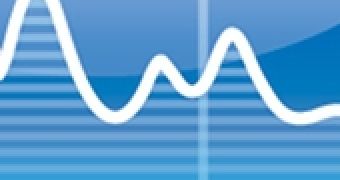According to a report from security vendor Kaspersky, the spam traffic declined slightly last month and so did the number of emails carrying malicious attachments.
During September, spam levels averaged at 81.1%, which is 1.5% lower than what they were in August. The most active spam category was medications.
The pharma spam traffic peaked at 31% on around September 19, then declined to 20% until the end of the month.
This change was probably influenced by the announcement that Spamit, the largest rogue online pharmacy affiliate program was to close on October 1.
Another interesting development was the rise, during the latter half of the month, in the output of emails with malicious attachments, even if their number was lower than in August by 2%.
This might be an indication that cybercriminals are looking to strengthen their spam botnets in light of the upcoming holiday season.
As far as spam origin is concerned, there weren't big differences in the levels recorded for the top five countries - India (6.7%), USA (6.1%), Brazil (5.9%), Vietnam (5.5%) and UK (5.4%).
However, there were some very surprising moves. USA managed to cut it's spam output in half, from 15.3% the previous month, while Hong Kong, which came second in August, with 7.7%, dropped out of the top 20.
When it comes to malicious attachments, a scareware version, particularly active towards the end of the month, took the first spot. It was followed by three HTML- and JavaScript-based redirect scripts.
It's also worth noting that there were four Oficla variants in the top ten. Oficla is promiment family of trojans, which serve as distribution platform for other malware.
The Spamit closure is expected to significantly affect spam statistics for Octobe, especially since security companies have already reported huge drops in overall spam levels after October 1.

 14 DAY TRIAL //
14 DAY TRIAL //